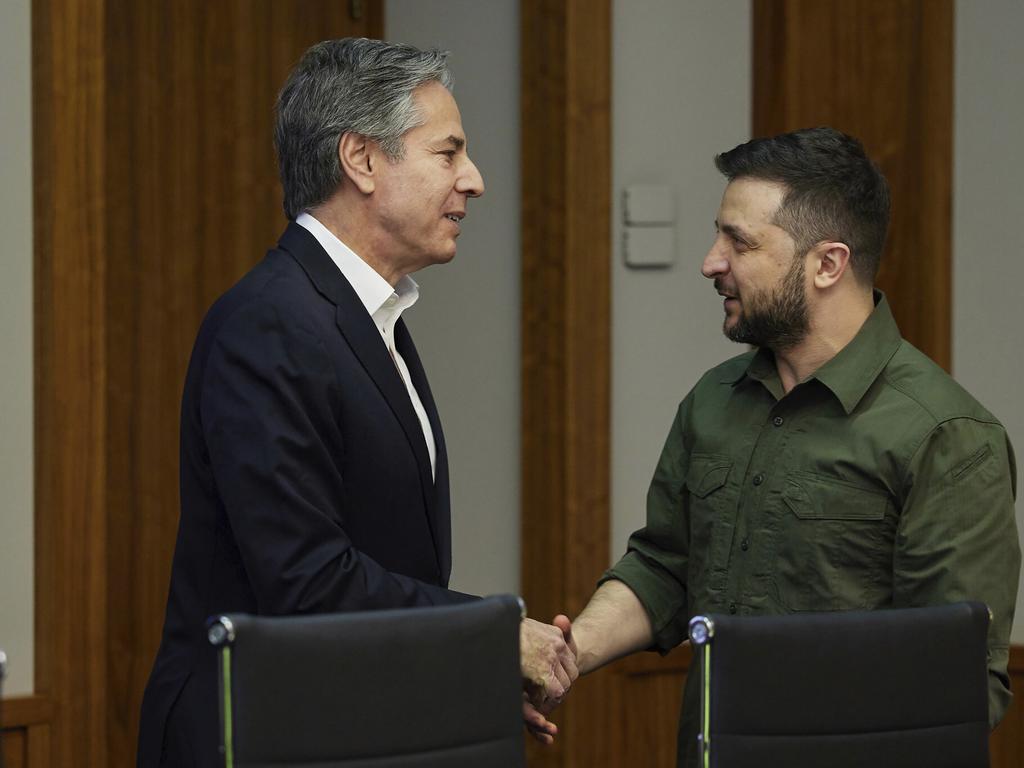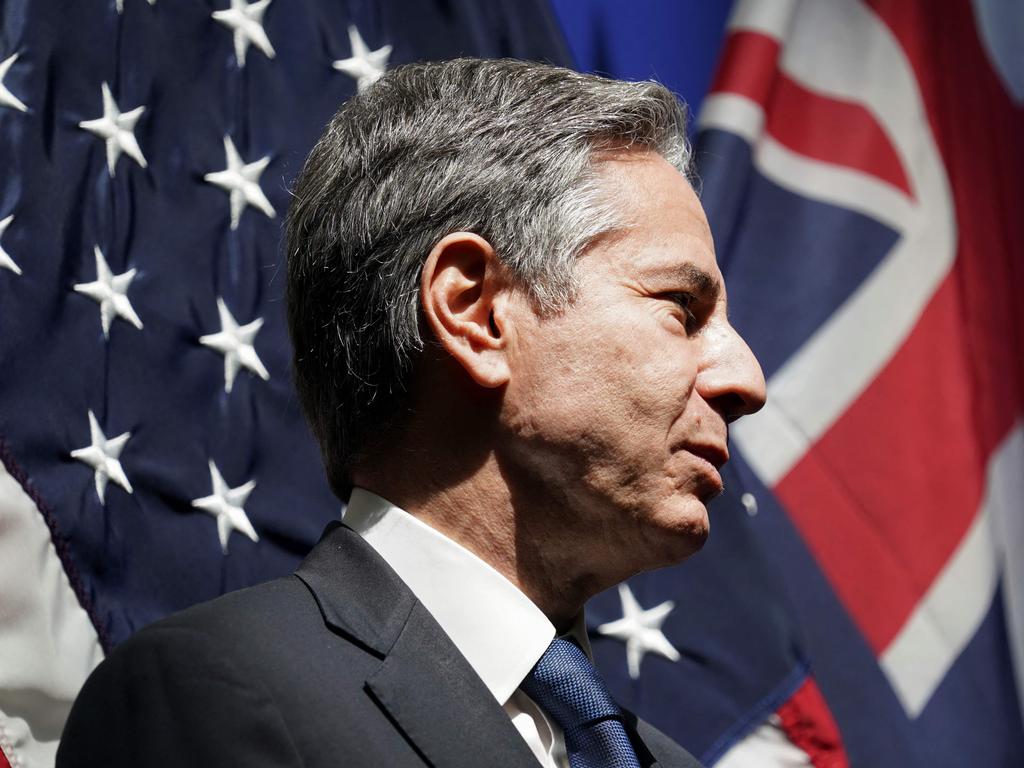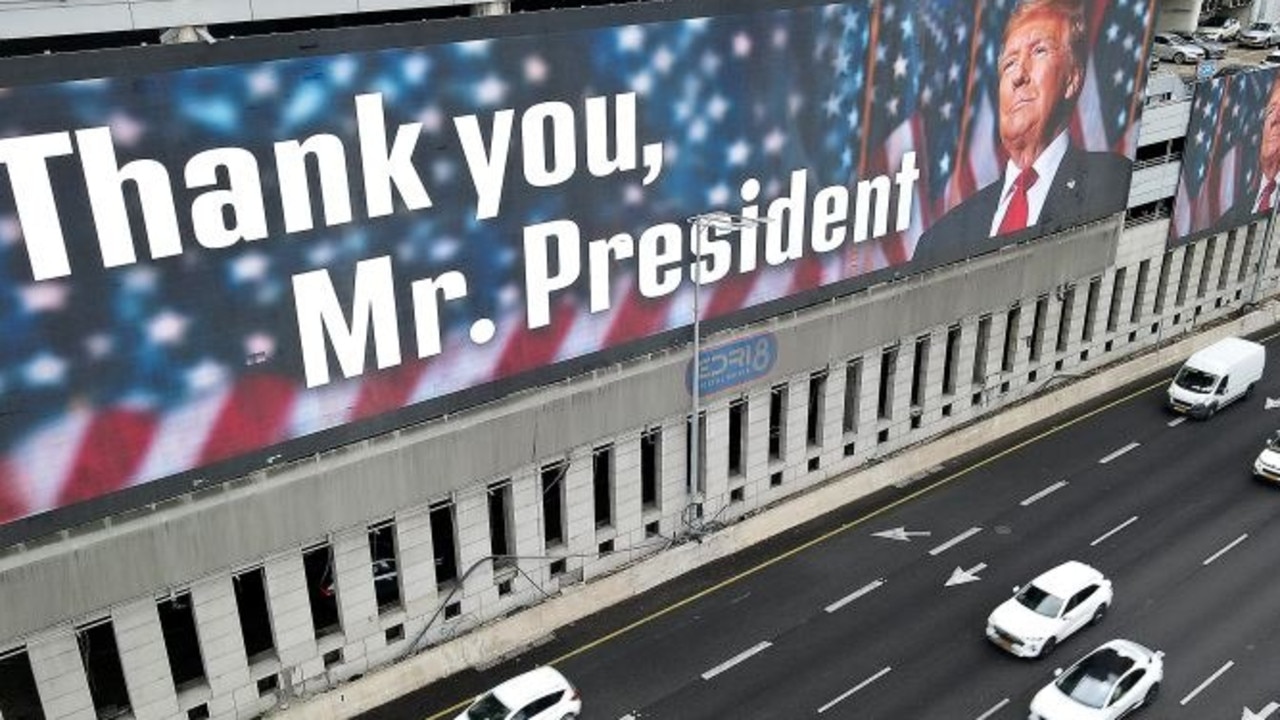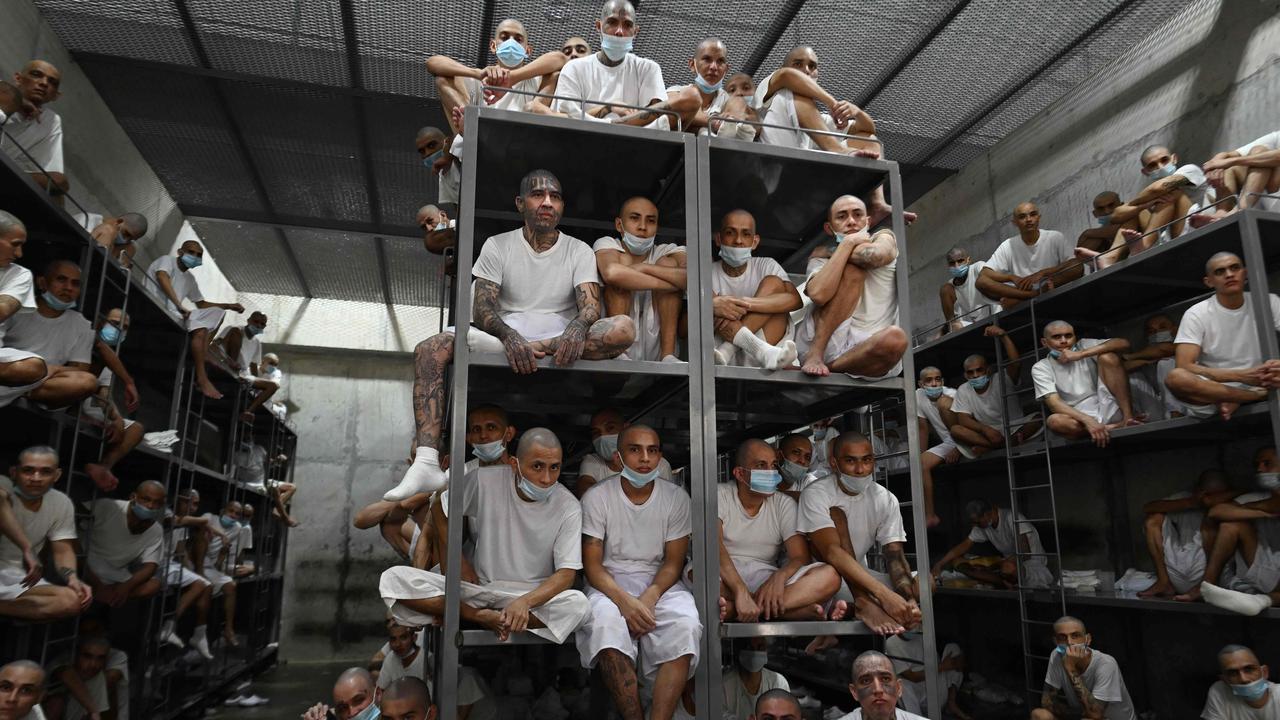Blinken China speech to affirm Beijing as main US Rival
The speech, now postponed after the secretary of state tested positive for Covid, is expected to emphasise the administration’s view.
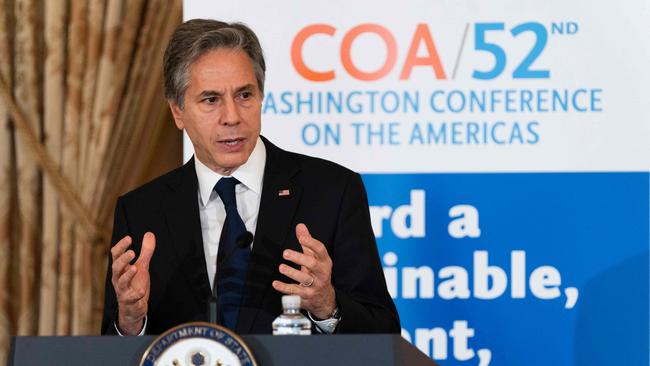
When much of the global focus is on Russia’s war with Ukraine, the Biden administration is preparing to refresh the message that the US sees China, not Russia, as its biggest geopolitical rival.
More than 18 months into the Biden presidency, Secretary of State Antony Blinken had been scheduled to give a speech overnight Thursday to address the administration’s plan to deal with China. However, Mr Blinken has tested positive for Covid-19 and the speech will be postponed.
According to foreign policy experts who consult with the administration, the speech is unlikely to offer an approach different from what the White House has outlined during the past year – that is, working with allies to confront and compete with China, while establishing “guardrails” to prevent the competition from becoming outright hostile.
The speech will take place against the backdrop of Russia’s invasion of Ukraine – a crisis that the foreign-policy experts say has distracted the administration and its partners from managing relations with Beijing and sparked debate about how to handle simultaneous challenges from Moscow and Beijing.
The Biden administration is about to start a month of engagement with its Asian allies, including a summit with Southeast Asian leaders next week in Washington, President Joe Biden’s trip to South Korea and Japan this month, and a May 24 meeting of leaders of the US, Australia, India and Japan, a strategic security dialogue known as Quad. At this time, Washington believes it is important to clarify its China policy, and to win the support of these nations.
“It makes sense to reprise the story now about where we are with China, where we’re trying to go and how we propose going there,” said Daniel Russel, a former Obama administration China official, now a vice-president at the Asia Society Policy Institute, a think tank.
“It’s the administration saying, keep your eye on national security challenges from Russia, but in the big scheme of things, the principal challenge to the US and the international order the US is committed to is coming from China.”
Mr Blinken’s “China strategy” speech, however, is expected to be short on specific actions. The strategy itself will not be publicly released. In his coming speech, Mr Blinken is expected to highlight China’s political alignment with Russia in the midst of its Ukraine invasion – a stance US officials say runs counter to China’s stated respect for national sovereignty and territorial integrity.
Beijing has denied contradictions in its position and accused the US of being the “leading instigator” for the invasion.
Its entente with Russia has caused some politicians in the West to lump China and Russia together as a new “axis.”
Some European officials disagree with Washington over how big a threat China poses compared with Russia, potentially giving Beijing an opening to drive a wedge between the US and its European allies.
“It’s likely that Blinken will use the speech to link the two sets of challenges posed by Russia and China and highlight the risks from them working together to the existing global order,” said Matthew Goodman, a senior vice-president at the Washington-based Centre for Strategic and International Studies. The administration has started an effort to define the common threats posed by the two.
Shortly after Russia’s full-scale assault on Ukraine, the National Security Council’s top Asia adviser, Kurt Campbell, said the US was capable of taking on the challenges posed by Beijing and Moscow just as the US operated in “two theatres” during World War II and the Cold War.
By last month, Dr Campbell shifted the rhetoric, saying at a think tank in Washington that the China-Russia threat represents “one theatre”. The change came, at least partly, at the prompting of a European diplomat concerned that the emphasis on “two theatres” might accentuate differences between the US, which sees China as a primary threat, and European allies, who see Russia’s war as an existential threat.
“China has supported the Russian justification for the war. They’re justifying influence spheres,” said Emily Haber, Germany’s ambassador to the US. “If we don’t understand that this is one theatre, it will produce fissures.”
In recent months, the Biden administration’s policy toward Beijing has been slowly taking shape. A key component of the policy is to restore the US’s economic and security leadership in the Indo-Pacific region.
Senior US officials have said the goal is not to change China’s political system centred on the communist party but to “shape the environment around China”.
To that end, Biden officials have been trying to get countries including India, Vietnam, Malaysia and Singapore to join a proposed “Indo-Pacific economic framework” aimed at enhancing the US’s economic engagement with the region.
But so far the progress has been slow, partly because the regional partners are wary of damaging their trade relations with China.
The Wall Street Journal

